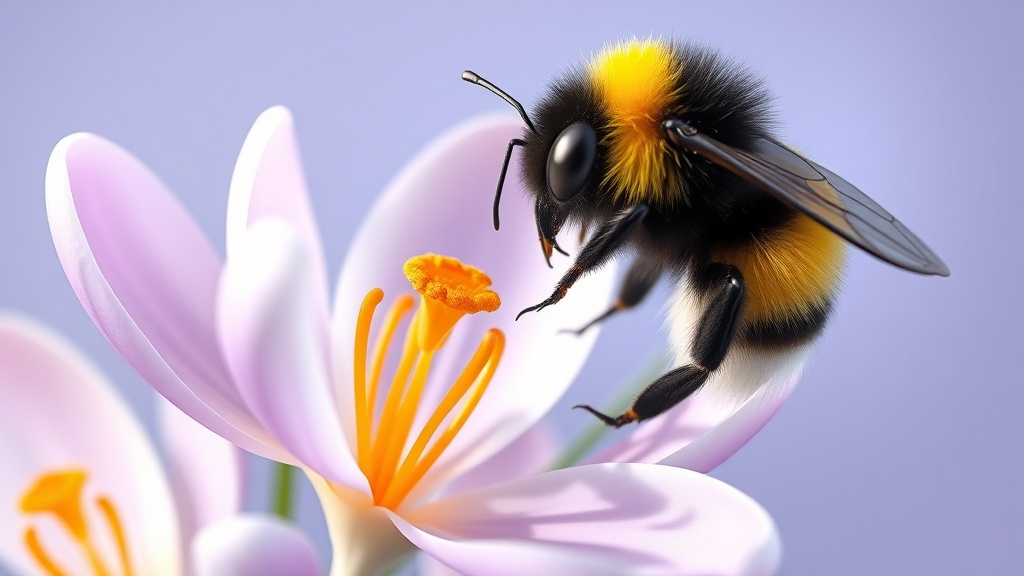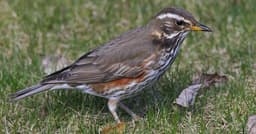Home / Environment / Bumblebees Buzzing Back Thanks to Solar Farms
Bumblebees Buzzing Back Thanks to Solar Farms
5 Nov
Summary
- Bumblebee numbers plummeting over past 30 years
- Solar farms with flower plantings doubled bumblebee populations
- Network of solar farms with sensitive planting could aid bumblebee revival

As of November 2025, bumblebee populations in the UK have been in steep decline for the past 30 years, with one of the most common species, the red-tailed bumblebee, seeing a dramatic plunge in numbers. This is largely due to the impact of intensive farming, which has destroyed much of the bees' natural habitat.
However, an unexpected potential savior for the beleaguered bumblebees has emerged in the form of the country's growing network of solar farms. Researchers examining 1,042 existing solar sites found that those managed with wildlife in mind, featuring flower plantings and hedges, saw bumblebee populations more than double compared to solar farms that were simply turfed over.
While the benefits of this sensitive planting were mostly confined to the solar farms themselves, experts believe that if the surrounding farmland is also made more hospitable, a network of well-planted solar sites could make a significant difference to the future of the UK's bumblebee populations. With the right approach, these renewable energy hubs could provide a vital lifeline for this iconic insect.




